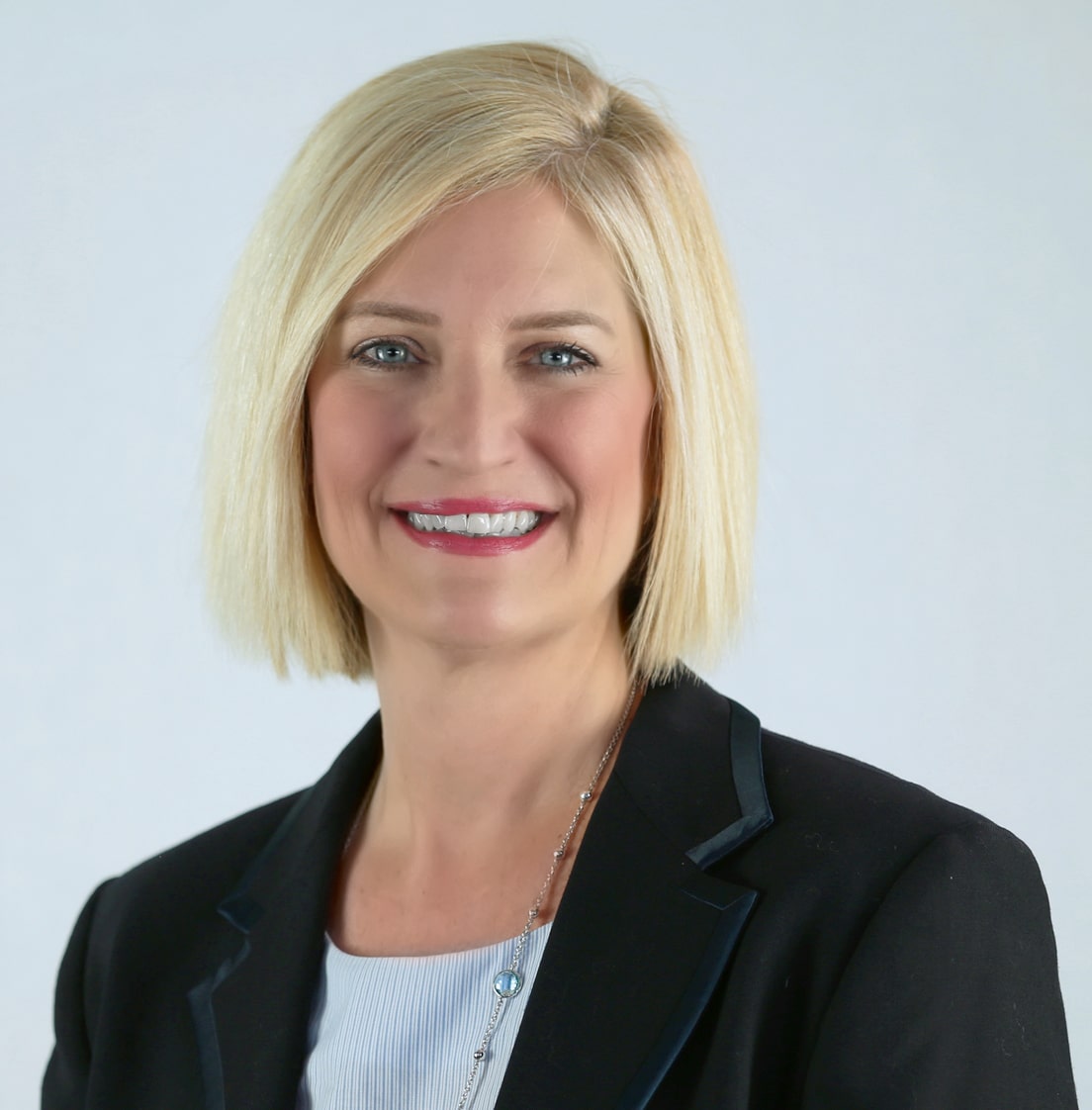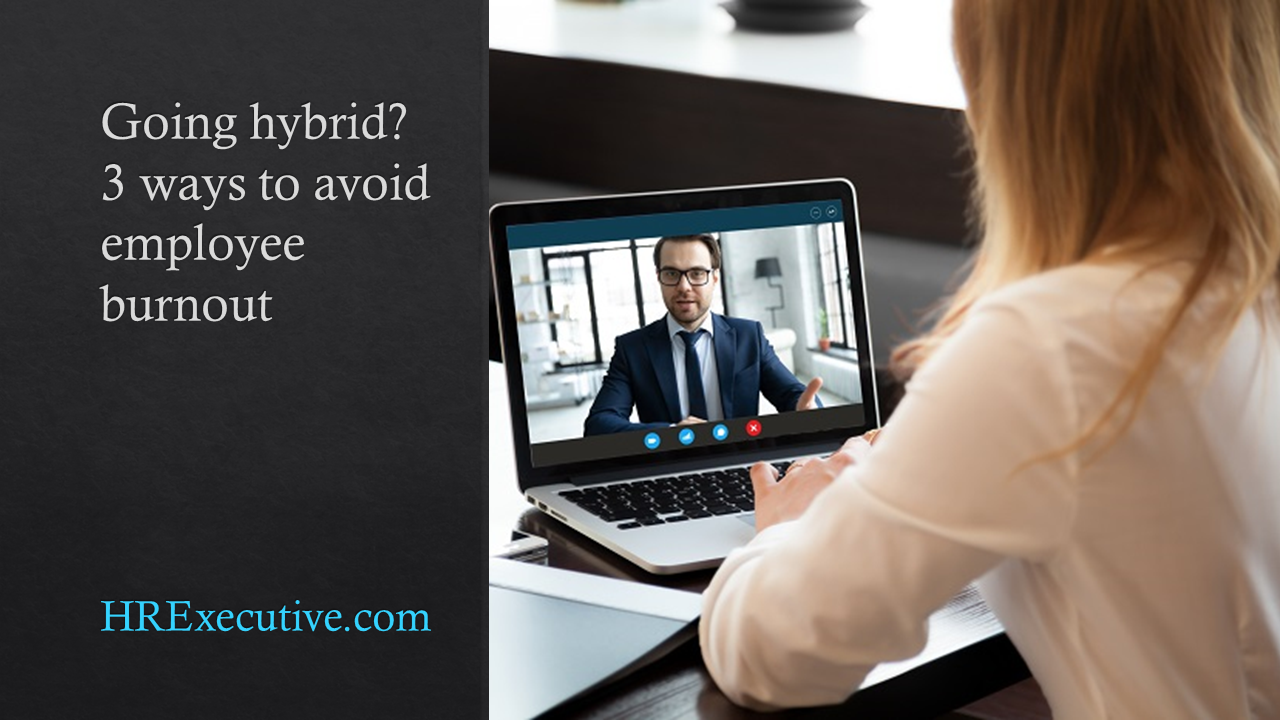While employer attention to financial wellness has been gaining speed in light of the pandemic, for eMoney Advisor—a provider of financial planning software—it’s always been at the heart of the organization’s work, both internally and externally.
Joanne Del Signore, head of people experience at eMoney, says the company has long sought to help its workers make educated financial decisions, a commitment that deepened over the last year, given the fact that a recent eMoney survey found that nearly three-quarters of American adults said their financial situation in 2020 had a negative or extremely negative effect on their mental health.
This year, employees are being provided free access to Incentive, the company’s financial wellness mobile app designed to help users manage money, understand spending behavior and make changes. eMoney has also started dedicated office hours for employees to meet with certified financial planners for assistance with financial decision-making and granted employees access to a series of financial wellness workshops provided by parent company Fidelity. Called FinLit, the series covers a range of financial wellness topics, including basic investing, 401(k) education, debt management, home buying and more.
Del Signore recently shared with HRE how the culture at eMoney has spurred such actions and what she anticipates for the post-pandemic world of work.
HRE: What has been your HR priority through the first half of 2021, and how do you see that shifting in the coming months?

Joanne Del Signore
Del Signore: Our team is focused on continuing to accommodate the evolving needs and expectations of the workforce and how we can align the eMoney employee experience with those needs—such as maintaining a flexible work environment, a culture of compassion, building and nurturing authentic connections, and continuing to measure employee satisfaction and engagement. In late 2020, we conducted a pulse survey to gauge employee engagement, and we just launched our bi-annual engagement survey to help measure employee satisfaction and identify areas needing improvement as we continue into 2021.
We’ve also been focused on creating and executing on DEI strategy that deepens our commitment to creating an inclusive, supportive and accommodating work environment. We recently implemented a Diversity, Equality and Inclusion Leadership Council. The council consists of 15 leaders in the organization who bring unique perspectives and significant expertise in different areas. They are focused on integrating DEI within eMoney’s mission and business objectives. Recognizing the importance of DEI, we also recently added this as one of our core values.
Additionally, we’re finalizing our office re-opening plans for September 2021—allowing us to safely ease employees who wish to return back into our three offices in Providence, R.I., Radnor, Pa., and San Diego, Calif. We’re not requiring employees go into the office, as we are committed to providing a work environment that facilitates productivity and engagement for all—whether remote, on-site or a combination of both.
HRE: What steps has eMoney taken to maintain company culture throughout the pandemic?
Del Signore: We focused on consistent, transparent communication and made every effort to keep workplace traditions intact. We hosted multiple town halls, which were a staple in our company culture prior to the pandemic; we wanted to ensure employees had face time with the leadership team and remained connected to our business. We also distributed multiple video messages from the leadership team to employees, offering words of encouragement and ways to share personal experiences during the pandemic. To maintain social connection, we conducted numerous employee contests, sent swag items as a simple “thank you,” hosted a virtual mixology event, and each business unit facilitated their own team-building activities, such as virtual happy hours and game nights.
See also: 4 benefits that help employees improve their financial health
 The shift to remote work has provided us with an excellent sense of what teams need to maintain productivity, and we gained a deeper understanding of how to troubleshoot issues and identify who needs support. As a result, we launched virtual professional development training to the entire organization, provided a home office allowance to help employees create a productive work environment at home and offered COVID PTO to provide employees with more flexibility, understanding and to help with their mental wellbeing.
The shift to remote work has provided us with an excellent sense of what teams need to maintain productivity, and we gained a deeper understanding of how to troubleshoot issues and identify who needs support. As a result, we launched virtual professional development training to the entire organization, provided a home office allowance to help employees create a productive work environment at home and offered COVID PTO to provide employees with more flexibility, understanding and to help with their mental wellbeing.
We also spent a lot of time making enhancements to our new-hire onboarding process to provide employees with a better understanding of what life is like at eMoney in a remote work environment. Employees were able to see our office spaces via virtual tours, meet their teams over video chats and participate in various team-building activities to help them get to know their peers a bit better.
HRE: Have you seen more employers recognizing the value of including financial wellness in their wider wellness strategies because of the pandemic?
Del Signore: Definitely. More employers are not only acknowledging the importance of financial wellness but also making general employee wellbeing a strategic priority. Our own research hints at why; a survey eMoney conducted in late 2020 revealed that finances are the No. 1 cause of stress, followed by work and relationships. Moreover, the impact of this financial stress was found to be far-reaching, affecting respondents’ overall mental, physical and relational health. Most survey respondents also indicated that the pandemic has made their financial situation worse. Now, more than ever, is the time for more employers to help improve the financial health and wellness of their workforce.
HRE: What do you think will be one of the positive, lasting impacts of the pandemic for the employer-employee relationship?
Del Signore: Working from home has provided a glimpse into the personal lives of our co-workers, clients and our leadership team—providing a newfound appreciation for others and their time. With every video call, we find ourselves being exposed and welcomed into the lives (and living spaces) of our co-workers in unique ways that we wouldn’t have otherwise experienced if it weren’t for the pandemic.
Read more Insights from a CHRO here.
HRE: What is the best piece of HR advice you’ve gotten (or given)?
Del Signore: Listen more and talk less. It is important for employees to feel heard and to provide the space for others to share their insight and experiences.
HRE: If you hadn’t gone into HR, where do you think your career would have taken you?
Del Signore: An ESPN anchor. I am a huge sports enthusiast and a big fan of all of Philadelphia’s sports teams.
HRE: Outside of work, what is a goal you have for yourself for the rest of 2021?
Del Signore: Work/life wellbeing. Keeping a positive sense of self and life that is tied to health, purpose and developing and maintaining personal and professional relationships.
Register here for the HR Tech Conference to hear more insights from top HR leaders.